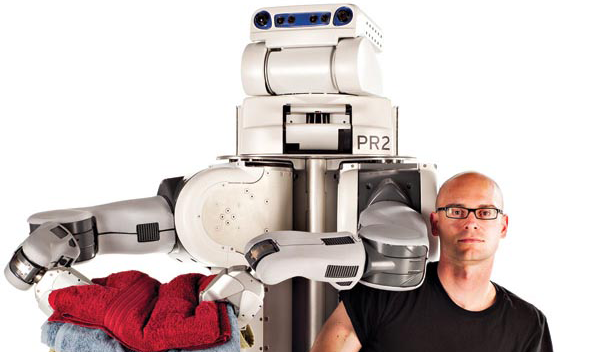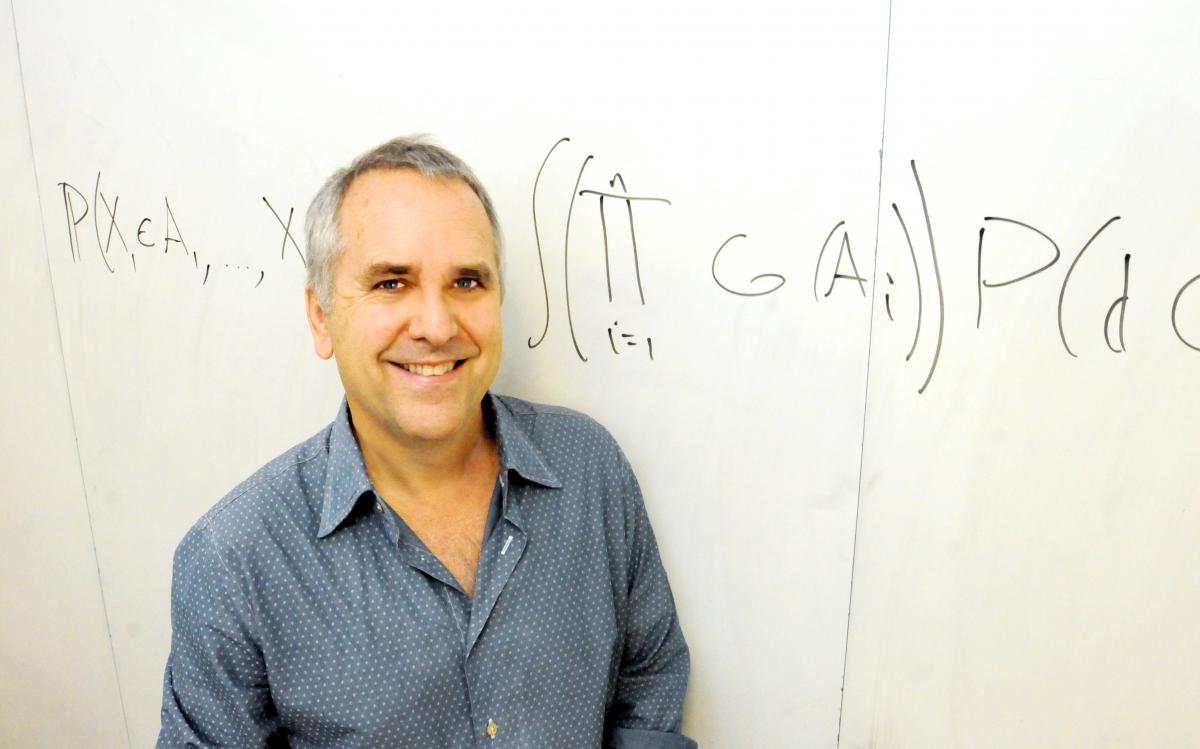Pieter Abbeel and Michael Jordan join the Department of Industrial Engineering & Operations Research at the University of California, Berkeley


The Department of Indusrial Engineering & Operations Research is delighted to announce that Professors Pieter Abbeel and Michael Jordan, two of the best-known experts in machine learning, have been appointed as joint faculty in IEOR in addition to their primary appointments in EECS (and Statistics for Jordan).
“Profs. Abbeel and Jordan are terrific colleagues that bring extremely valuable perspectives to our interests in robotics, automation, machine learning, and data science,” states Ken Goldberg, Chair of IEOR.
Both Abbeel and Jordan will bring myriad complementary skills to the IEOR department, which focuses on inventing, analyzing and teaching tools and approaches for design, analysis, risk management, and decision-making in complex real-world systems like supply chains, energy systems, healthcare systems, and financial systems. Abbeel and Jordan’s research will reinforce the department’s focus on the latest trends in robotics, automation, machine learning, and data science.
Pieter Abbeel has developed apprenticeship learning algorithms which have enabled advanced helicopter aerobatics, including maneuvers such as tic-tocs, chaos and auto-rotation, which only exceptional human pilots can perform. His group has enabled the first end-to-end completion of reliably picking up a crumpled laundry article and folding it and has pioneered deep reinforcement learning for robotics, including learning locomotion and visuomotor skills. His work has been featured in many popular press outlets, including BBC, New York Times, MIT Technology Review, Discovery Channel, SmartPlanet and Wired.
Michael I. Jordan’s research interests bridge the computational, statistical, cognitive and biological sciences, and have focused in recent years on Bayesian nonparametric analysis, probabilistic graphical models, spectral methods, kernel machines and applications to problems in distributed computing systems, natural language processing, signal processing and statistical genetics. Prof. Jordan is a member of the National Academy of Sciences, a member of the National Academy of Engineering and a member of the American Academy of Arts and Sciences. He is a Fellow of the American Association for the Advancement of Science. He has been named a Neyman Lecturer and a Medallion Lecturer by the Institute of Mathematical Statistics. A recent article in Science named him as the current most influential computer scientist in the world.